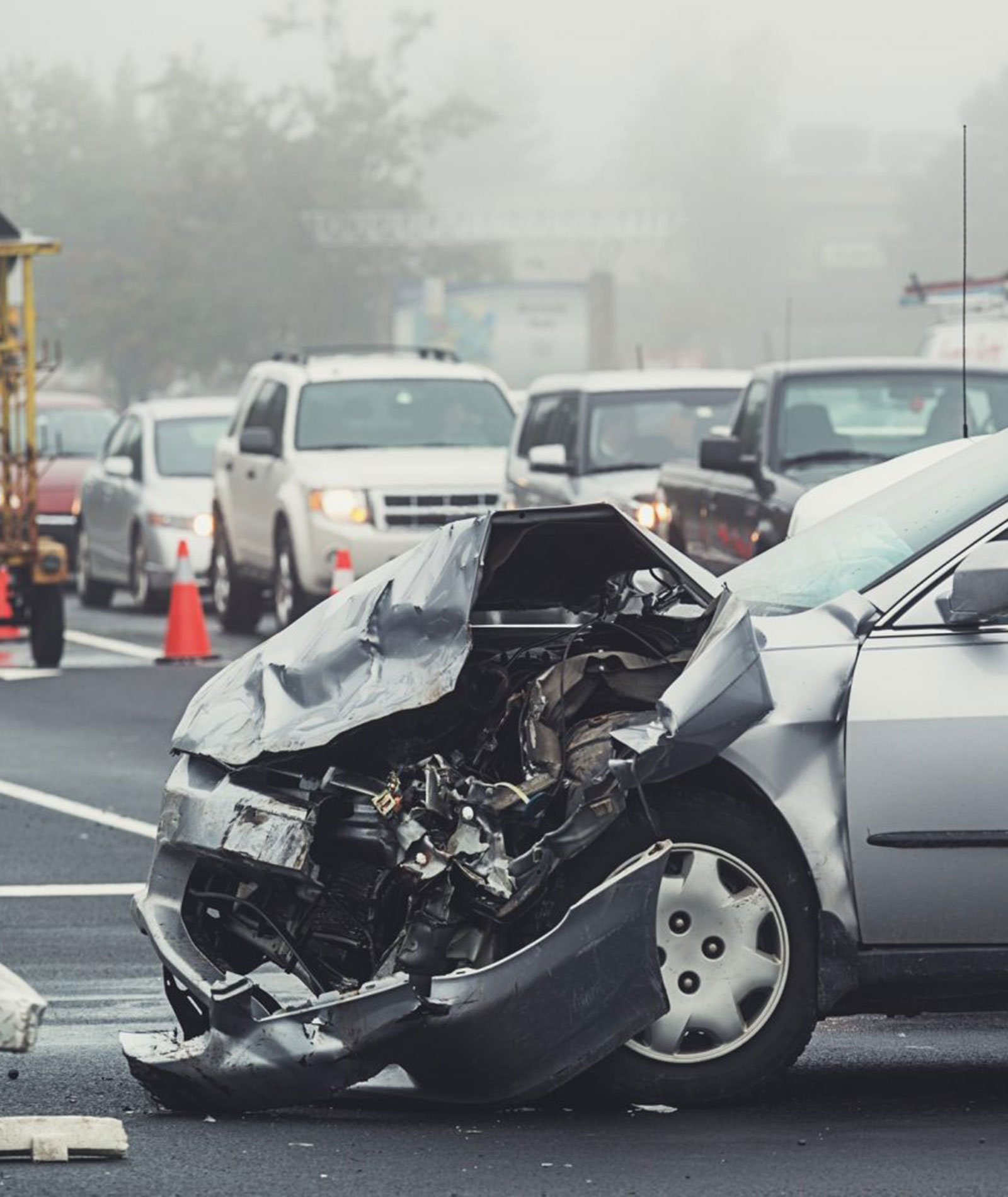Florida Supreme Court Upholds Damages Award to the Victim in Auto Accident Case

To hold an at-fault party accountable in a personal injury case, you must show not only that his or her negligence caused your injuries but also that you incurred or expect to incur costs related to those injuries. Previously, Florida common law shielded an injured person from a reduction of damages due to collateral sources, or extra sources of monetary benefits. However, in some circumstances, state law now allows the reduction of a personal injury award by “all amounts which have been paid for the benefit of the claimant, or which are otherwise available to the claimant, from all collateral sources.” A reduction is not available when the injured person receives Medicare benefits, or in the calculation of future medical expenses. To eliminate confusion about what should be considered, evidence of collateral sources is generally not admissible during trial.
The state Supreme Court recently issued an opinion regarding an auto accident case, Joerg vs. State Farm Mut. Auto. Ins. Co. (No. SC13-1768). In this case, a developmentally disabled adult was injured by a car while he was riding a bike. He lived with his parents, had never worked, and received Medicaid and Medicare benefits. Following the accident, he filed suit against the driver and against the auto insurer who provided his uninsured motorist (UM) policy. Prior to trial, the injured person filed a motion to exclude any evidence of the benefits to which he was entitled, including Medicaid and Medicare. The judge allowed the insurance company to introduce evidence of future medical bills for specific treatment or services available to all citizens regardless of their wealth or status, but he prevented the insurance company from providing evidence of the future Medicare or Medicaid benefits. The jury awarded the injured man nearly $1.5 million in damages, including nearly half a million for future medical expenses.
The insurance company appealed, and the Second District affirmed all the evidentiary rulings but determined that the Medicare benefits were “free and unearned” and should not have been excluded by the trial court. The Court of Appeals reversed the award for future damages and remanded for further proceedings. The injured person then appealed to the Supreme Court, which looked to the discussion in a prior Florida Supreme Court case, Physician’s Insurance Reciprocal v. Stanley, 452 So. 2d 514 (Fla. 1984). The Supreme Court pointed out that in Stanley, collateral sources may qualify as an expense, obligation, or liability to the plaintiff. The court concluded that future Medicare benefits are both uncertain and a liability under the ruling in Stanley, due to the right of reimbursement that the federal government holds over Medicare benefits.
Federal law dictates that insurance payments are to be made to an injured person prior to Medicare payments. Nonetheless, payments may be issued by Medicare if the insurance claim process takes too long. Beneficiaries are then responsible for updating the government on any reimbursements obtained, and they are subject to penalties if there is a failure to do so. Based on this, the Supreme Court felt there was no law to support the district court’s conclusion that the future Medicare payments were “free” and therefore admissible at trial. The Supreme Court reversed the district Court of Appeals’ decision and allowed the damages awarded to the injured person to stand.
The Florida car accident attorneys at Donaldson & Weston have the experience you need to help maximize the award you need and deserve. Every penny counts after a serious and catastrophic injury, and our attorneys can aggressively represent you. For a free, confidential consultation, contact our office at 772-600-8707.
More Blog Posts:
Florida District Appeals Court Reviews Notice Requirements for Insured to Receive Personal Injury Protection Benefits, South Florida Injury Lawyer Blog, October 13, 2015
Knowing How a Rejection of Uninsured/Underinsured Auto Insurance Coverage in Florida Affects You and Your Family, South Florida Injury Lawyer Blog, October 6, 2015
